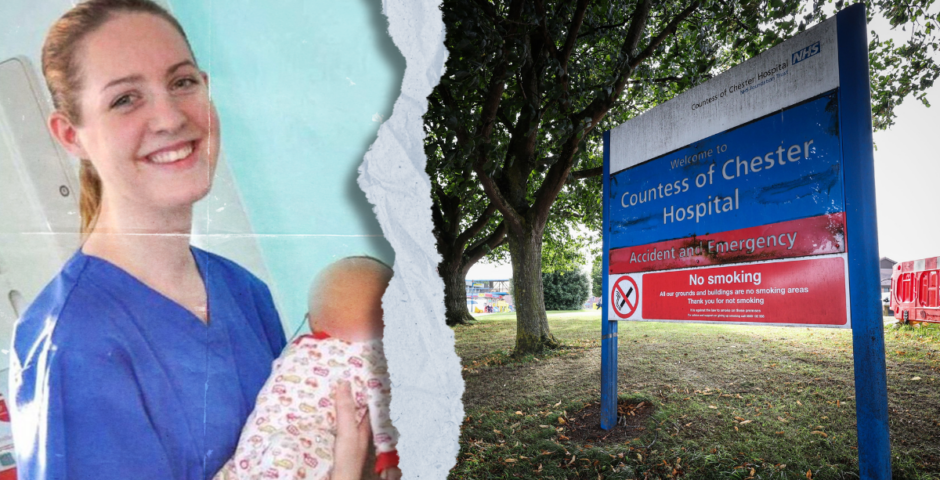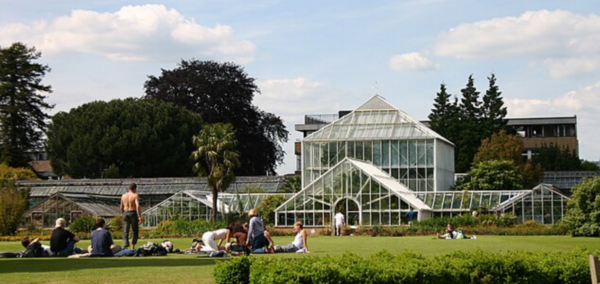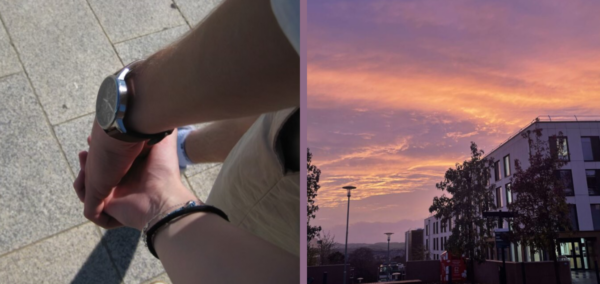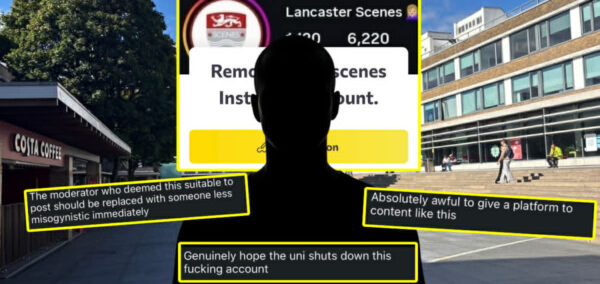
Student campaign helps bring about buffer zones around abortion clinics in Scotland
This will ensure people can access services without fear of intimidation
Due to student activists’ persistent campaigning and protests, Scottish Parliament has passed the Abortion Services (Safe Access Zones) (Scotland) Act 2024, setting a new national precedent by legally protecting women from harassment outside reproductive health clinics. At the forefront of the movement was “Back Off,” a student-led initiative founded by Edinburgh University students Ella Cheney, Lucy Grieve, and Alice Murray, which rallied for “buffer zones” to block protesters from clinic entrances.
The legislation, which passed with overwhelming support in June 2024, authorises 200 metre buffer zones around abortion clinics across Scotland, making it illegal for protest groups to demonstrate within this radius.
These zones aim to safeguard patients’ right to safe, unobstructed access to healthcare, free from intimidation – a victory seen by supporters as a step forward for women’s rights and a powerful example of effective grassroots activism.
Scottish Green MSP Gillian Mackay, a strong proponent of the bill, praised its passage as “a turning point,” expressing hope for an end to protests targeting vulnerable patients.
Most Read
The Back Off campaign, run entirely by women, framed its advocacy as a matter of public safety and dignity rather than a position in the pro-choice or pro-life debate. According to the group, harassment has become a routine concern for women seeking reproductive healthcare, with accounts of distress shared widely through the campaign’s platform. Protesters, they argue, can create an intimidating environment that deters patients from feeling safe during an already challenging time. Back Off’s campaign gained traction for giving voice to the personal stories of affected women, drawing the attention of both the public and lawmakers.
In response to the new legislation, religious organisation 40 Days for Life, which has been active near clinics to pray and offer what it describes as “support,” has voiced concern. The group argues its intentions are compassionate, insisting that their presence is not meant to intimidate.
The legislation, however, stipulates that activities in the zones will be tightly regulated to prioritise the well-being and privacy of clinic patients, a policy reflecting the documented impact that protest activities have on individuals seeking care.
The implementation of this law could face further challenges as groups like 40 Days for Life seek clarity on its enforcement. Meanwhile, similar legislation is expected to come into effect in England and Wales later this year, signalling a wider shift toward ensuring women’s access to healthcare without fear of protest-related distress.
For now, Scotland stands at the forefront of this legal change, with the Act’s success amplifying the influence of student-led activism and the strength of young voices in advocating for women’s rights.
Featured image via YouTube




















